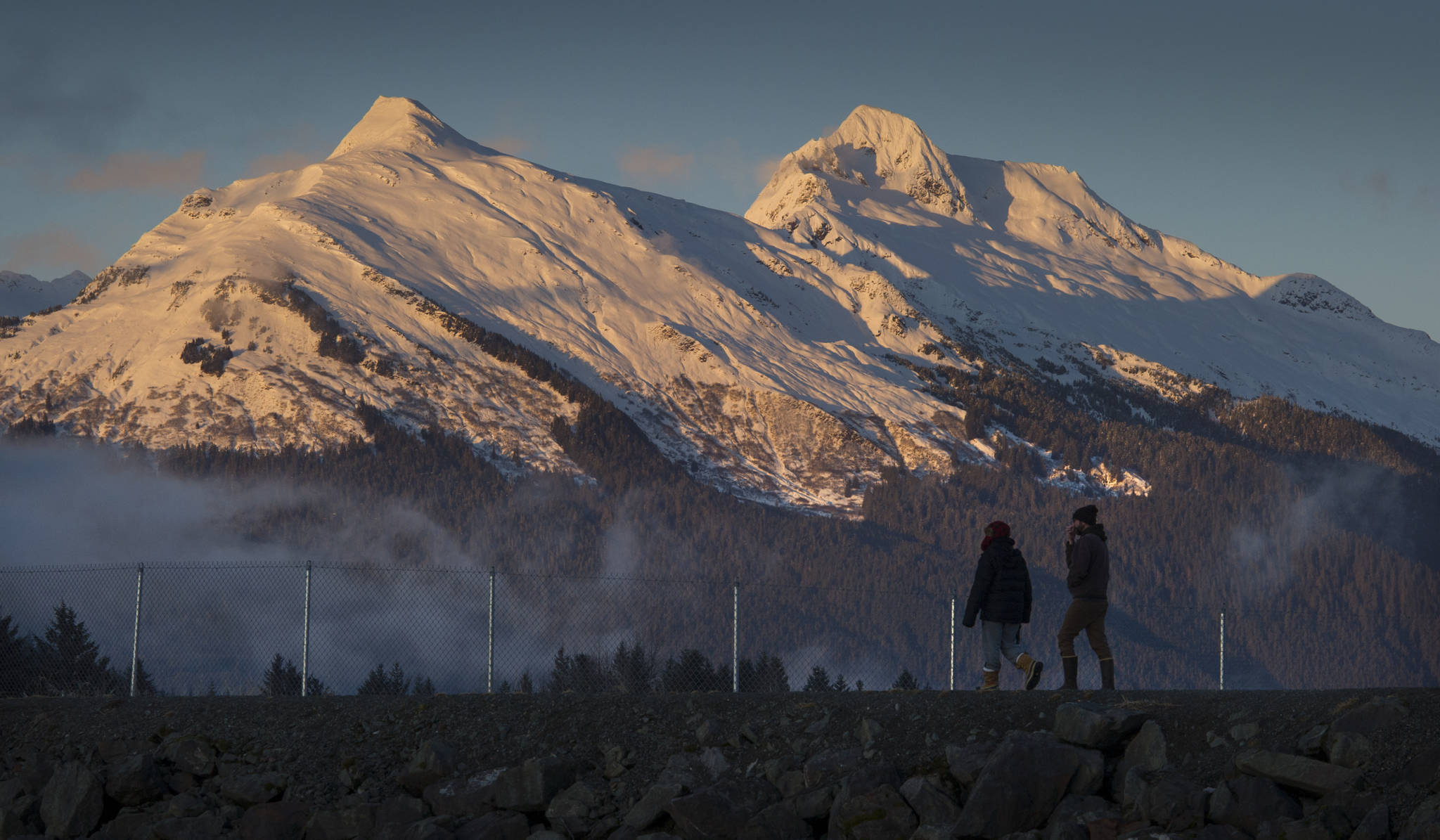ANCHORAGE — The effects of climate change could cost Alaska hundreds of millions of dollars per year in the coming decades, according to a new study.
The Institute of Social and Economic Research at the University of Alaska Anchorage has projected that the warmer climate could cause the state a net loss of $340 million to $700 million per year, the Alaska Journal of Commerce reported Wednesday.
The report published by the institute in November focuses on the net costs of five widely reported effects over the next 30 to 50 years. The projections are based on the state’s annual average temperatures rising by 1 to 2 degrees Celsius by 2050.
[December was warm, dry until Pineapple Express]
The economic effects would not be distributed evenly across the state “as rural communities face large projected costs while more southerly urban residents experience net gain,” the report states.
A major part of the overall cost is from infrastructure damage caused by thawing permafrost and coastal erosion, accounting for an expected $250 million to $420 million per year.
[Opinion: Dunleavy leaves Alaskans in a ditch over climate change]
An additional $110 million to $270 million is expected to be needed annually to maintain certain parts of Alaska’s infrastructure, according to the Fourth National Climate Assessment by the U.S. Global Change Research Program.
The state’s current erosion problems, particularly along the western coast, are likely to get worse, according to the report.
[Alaska judge dismisses youth climate lawsuit]
“Longer sea ice-free seasons, higher ground temperatures, and relative sea level rise are expected to exacerbate flooding and accelerate erosion in many regions, leading to the loss of terrestrial habitat in the future and in some cases requiring entire communities or portions of communities to relocate to safer terrain,” the reports states.
• This is an Associated Press report.

